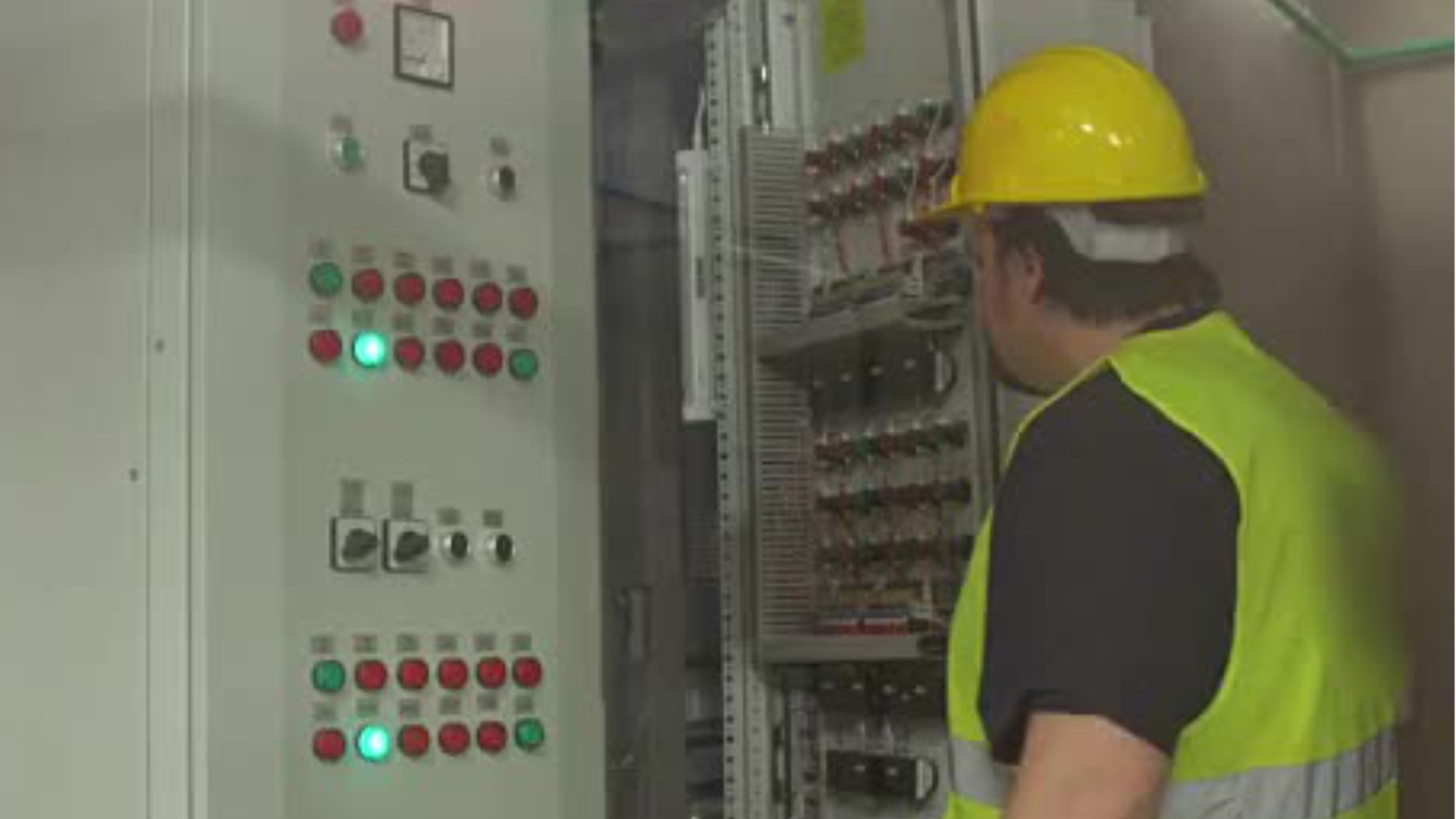Nuclear Power Reactor Operators
Nuclear Control Operator, Nuclear Reactor Operator, Nuclear Station Operator (NSO), Reactor Operator (RO)
 Select a military branch to see samples.
No similar titles were found.
Select a military branch to see samples.
No similar titles were found.
Construction Engineering Technician; Powerline Distribution Specialist (RC)
No similar titles were found.
No similar titles were found.
Electricians Mate, Nuclear Power; Nuclear Leading Chief Petty Officer (LCPO); Ship's Engineer Officer, Nuclear (Damage Control); Ship's Reactor Mechanical Assistant; Submarine Nuclear Propulsion Plant Operator - Mechanical; Submarine Nuclear Propulsion Plant Supervisor - Mechanical; Submarine Propulsion Plant Electrical Supervisor; Surface Propulsion Plant Electrical Operator; Surface Ship Nuclear Propulsion Plant Operator - Engineering Laboratory Technician; Surface Ship Nuclear Propulsion Plant Supervisor - Electrical
No similar titles were found.
What they do:
Operate or control nuclear reactors. Move control rods, start and stop equipment, monitor and adjust controls, and record data in logs. Implement emergency procedures when needed. May respond to abnormalities, determine cause, and recommend corrective action.
On the job, you would:
- Operate nuclear power reactors in accordance with policies and procedures to protect workers from radiation and to ensure environmental safety.
- Adjust controls to position rod and to regulate flux level, reactor period, coolant temperature, or rate of power flow, following standard procedures.
- Develop or implement actions such as lockouts, tagouts, or clearances to allow equipment to be safely repaired.
Knowledge
Math and Science
- physics
- arithmetic, algebra, geometry, calculus, or statistics
Engineering and Technology
- mechanical
- product and service development
Safety and Government
- public safety and security
Skills
Basic Skills
- reading work related information
- keeping track of how well people and/or groups are doing in order to make improvements
Problem Solving
- noticing a problem and figuring out the best way to solve it
People and Technology Systems
- thinking about the pros and cons of different options and picking the best one
- figuring out how a system should work and how changes in the future will affect it
Abilities
Verbal
- communicate by speaking
- listen and understand what people say
Ideas and Logic
- notice when problems happen
- order or arrange things
Visual Understanding
- quickly compare groups of letters, numbers, pictures, or other things
- see hidden patterns
Attention
- pay attention to something without being distracted
Personality
People interested in this work like activities that include practical, hands-on problems and solutions.
They do well at jobs that need:
- Perseverance
- Stress Tolerance
- Self-Control
- Achievement Orientation
- Cautiousness
- Integrity
Technology
You might use software like this on the job:
Data base user interface and query software
- Microsoft Access
- Structured query language SQL
Presentation software
- Microsoft PowerPoint
Spreadsheet software
- Microsoft Excel
Education
Education: (rated 3 of 5)
high school diploma/GED or
certificate after high school
usually needed
certificate after high school
usually needed
Job Outlook
Below Average
New job opportunities are less likely in the future.
Explore More
- Hydroelectric Plant Technicians
- Nuclear Monitoring Technicians
- Nuclear Technicians
- Power Plant Operators
- Stationary Engineers & Boiler Operators
You might like a career in one of these industries:
See more details at O*NET OnLine about Nuclear Power Reactor Operators.





